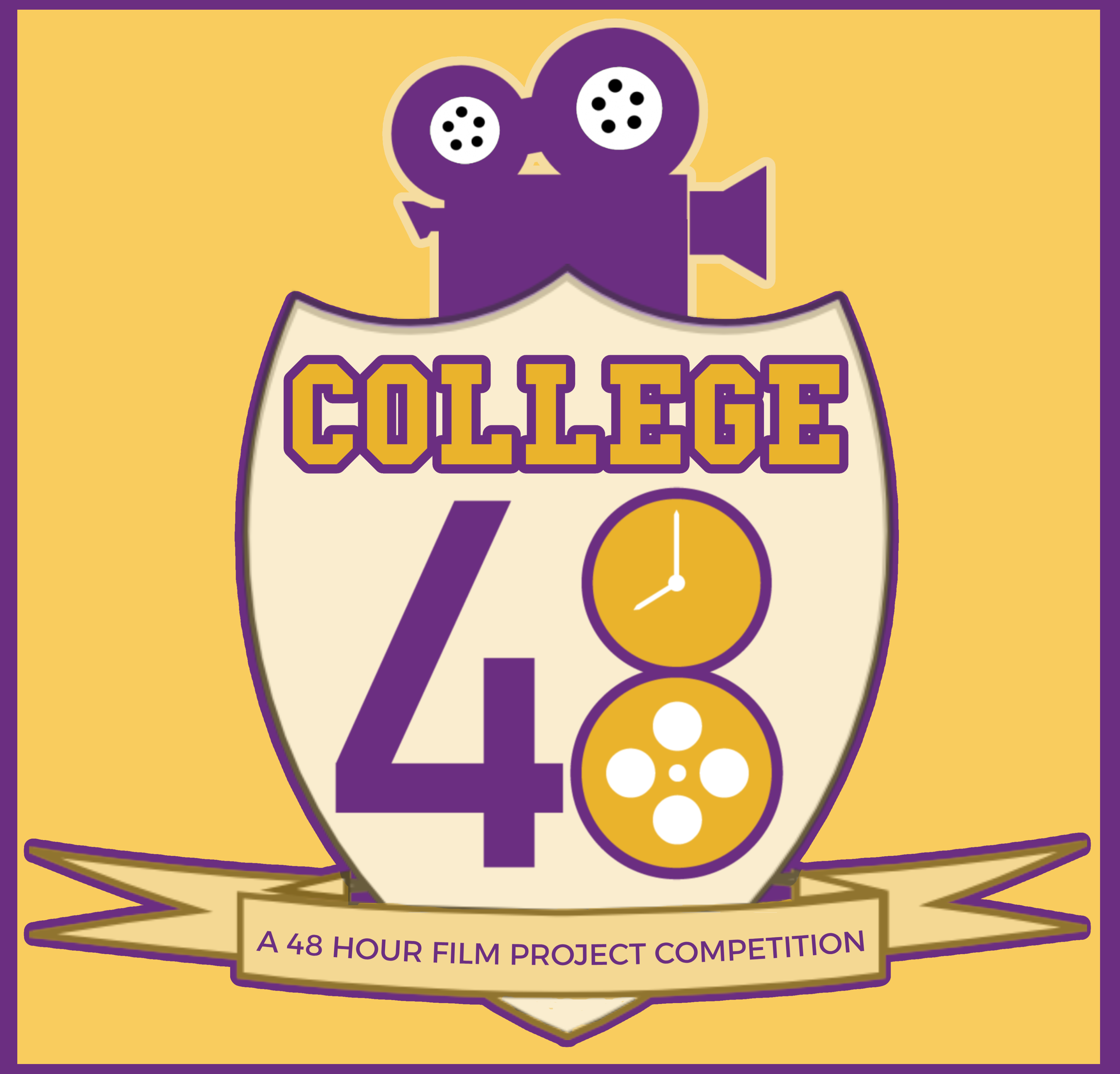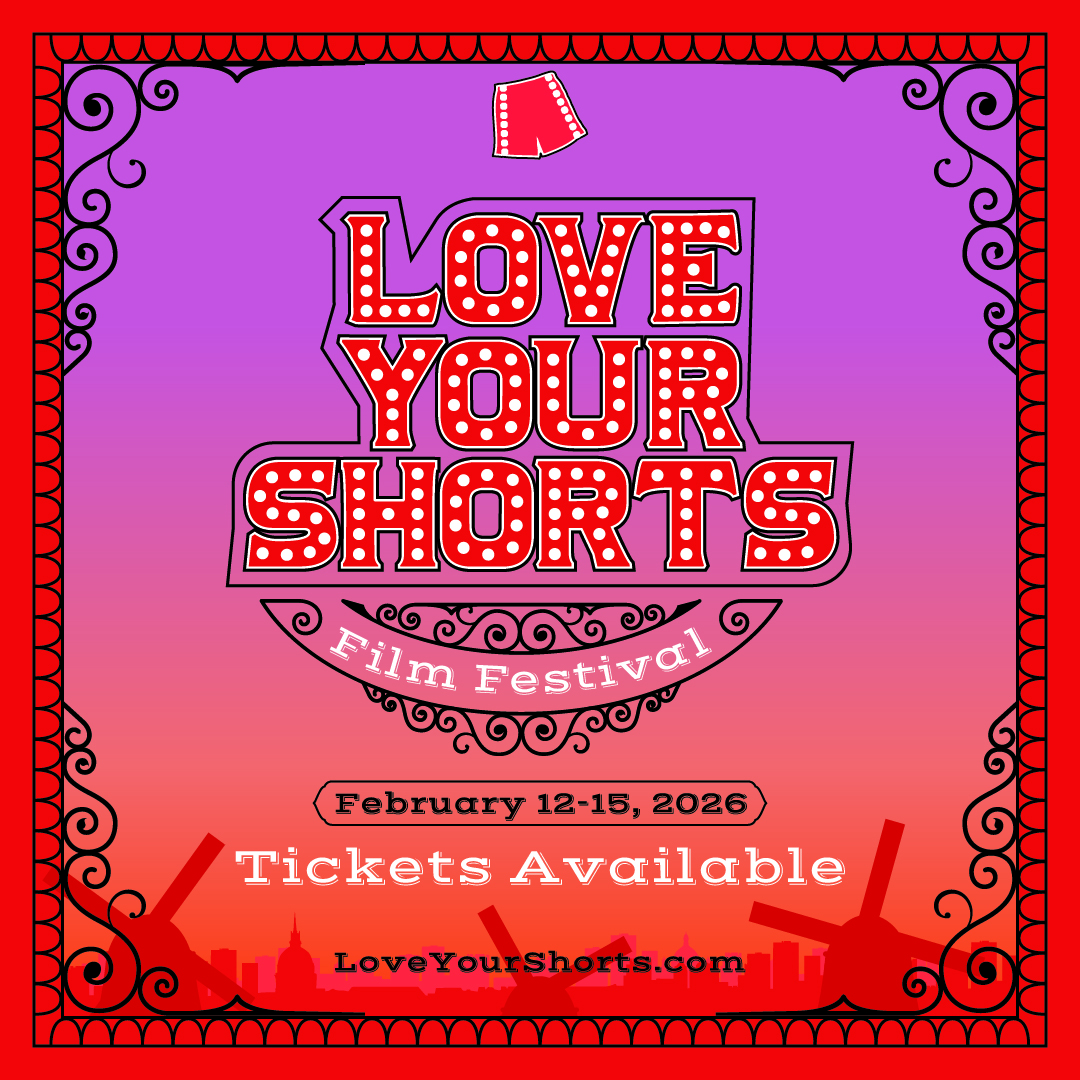Arkansas 40
Listen to Arkansas 40, a 23-year-old man from Stuttgart, Arkansas, United States. Click or tap the triangle-shaped play button to hear the subject.
Both as a courtesy and to comply with copyright law, please remember to credit IDEA for direct or indirect use of samples. IDEA is a free resource; please consider supporting us.
BIOGRAPHICAL INFORMATION
AGE: 23
DATE OF BIRTH (DD/MM/YYYY): 10/08/1997
PLACE OF BIRTH: Stuttgart, Arkansas
GENDER: male
ETHNICITY: Black (African American)
OCCUPATION: student
EDUCATION: bachelor of arts degree in fine arts
AREAS OF RESIDENCE OUTSIDE REPRESENTATIVE REGION FOR LONGER THAN SIX MONTHS:
The subject has never lived outside Arkansas for more than six months. (He was born and raised in Stuttgart and also lived five years in Conway.)
OTHER INFLUENCES ON SPEECH:
The subject says his family spoke typical African-American slang, in addition to country slang. He also says he consumed British media growing up from 13 to 19 years old.
The text used in our recordings of scripted speech can be found by clicking here.
RECORDED BY: Ben Corbett
DATE OF RECORDING (DD/MM/YYYY): 18/03/2021
PHONETIC TRANSCRIPTION OF SCRIPTED SPEECH: N/A
TRANSCRIBED BY: N/A
DATE OF TRANSCRIPTION (DD/MM/YYYY): N/A
ORTHOGRAPHIC TRANSCRIPTION OF UNSCRIPTED SPEECH:
So, uh, about about two years ago, in 2019, I got the chance to, um — through my university — I got the chance to go to the Library Company of Philadelphia. It was actually a fellowship for, um, young students who study African-American studies, and it was, um, a, a really cool opportunity because it was like students from like all over the country. And at first I didn’t even think I was going to get in ‘cause I thought they were gonna see like University of Central Arkansas. It’s like, “Where’s that at?” And then I studied theatre also. I thought that was gonna put me not as big in the running because the other weren’t — the other students are like more academic than I was. But I got accepted, and it was, uh, really cool.
Yeah, the Library Company of Philadelphia is like — they called themselves what they are: the oldest cultural institution in the United States, and it was really cool to go and to see Philadelphia. That was only my second time every flying, and it was my first time flying by myself. So like landing in Philadelphia by myself: It was interesting. And at first it was a little bit worrying just like how big the city was, and I was scared. “Am I gonna be able to get anywhere? Am I gonna be to be able to get to the place to do my fellowship?” But, um, it ended up being a really, er, really nice experience. I ended up loving the city and, uh, all the diverse people and all the in all the other inter-, um, fellows there. It was with the the Mellon Scholars Fellowship. That’s what it was. And all the other fellows. And it was interesting to get to know them and to hear their research and think of what they thought about mine, researching, um, historical Black theater. And it was all really cool. And, um, I made a couple of friends out of it like getting to know them and their research, and we kinda kept in contact afterwards. And it was a really nice experience.
TRANSCRIBED BY: Ben Corbett
DATE OF TRANSCRIPTION (DD/MM/YYYY): 22/03/2021
PHONETIC TRANSCRIPTION OF UNSCRIPTED SPEECH: N/A
TRANSCRIBED BY: N/A
DATE OF TRANSCRIPTION (DD/MM/YYYY): N/A
SCHOLARLY COMMENTARY:
GOOSE [u] words are often formed with a low tongue position (duke, tune).
DRESS [e] words occasionally use short vowel [ɪ] KIT (then, get).
The consonant cluster [st] occasionally uses consonant [ʃ] (start).
Ending consonant [t] is either unformed or forms as a glottal stop when it ends a word (start, that, first).
The GOAT [oʊ] diphthong can be formed with a raised tongue and relatively spread lips, suggesting [aʊ] diphthong (owner).
Consonant [l] is significantly reduced in the word “hold.”
Ending [d] is left off the end of the word “old.”
The first vowel in the word “ether” is the DRESS [e] vowel. (As with many IDEA subjects, this is likely because the subject is simply not familiar with the word.)
Consonant [k] can be formed with percussiveness when in an emphasized word (academics).
Diphthong [aɪ] PRICE can be formed in various ways:
1. The diphthong can be formed with both vowels present (like, time).
2. The first vowel can be a schwa [ə] COMMA (liking).
3. The diphthong can be monophthongized (implied, time, fire, tried, liking).
The word “bathe” is formed with [aɪ] PRICE diphthong.
A DRESS [e] vowel follows the [ɪ] KIT vowel in the word “fellowship.”
The first syllable is emphasized in the word “entire.”
The first syllable in the word “research” receives additional emphasis.
COMMENTARY BY: Ben Corbett
DATE OF COMMENTARY (DD/MM/YYYY): 29/03/2021
The archive provides:
- Recordings of accent/dialect speakers from the region you select.
- Text of the speakers’ biographical details.
- Scholarly commentary and analysis in some cases.
- In most cases, an orthographic transcription of the speakers’ unscripted speech. In a small number of cases, you will also find a narrow phonetic transcription of the sample (see Phonetic Transcriptions for a complete list). The recordings average four minutes in length and feature both the reading of one of two standard passages, and some unscripted speech. The two passages are Comma Gets a Cure (currently our standard passage) and The Rainbow Passage (used in our earliest recordings).
For instructional materials or coaching in the accents and dialects represented here, please go to Other Dialect Services.
 IDEA: International Dialects of English Archive
IDEA: International Dialects of English Archive





